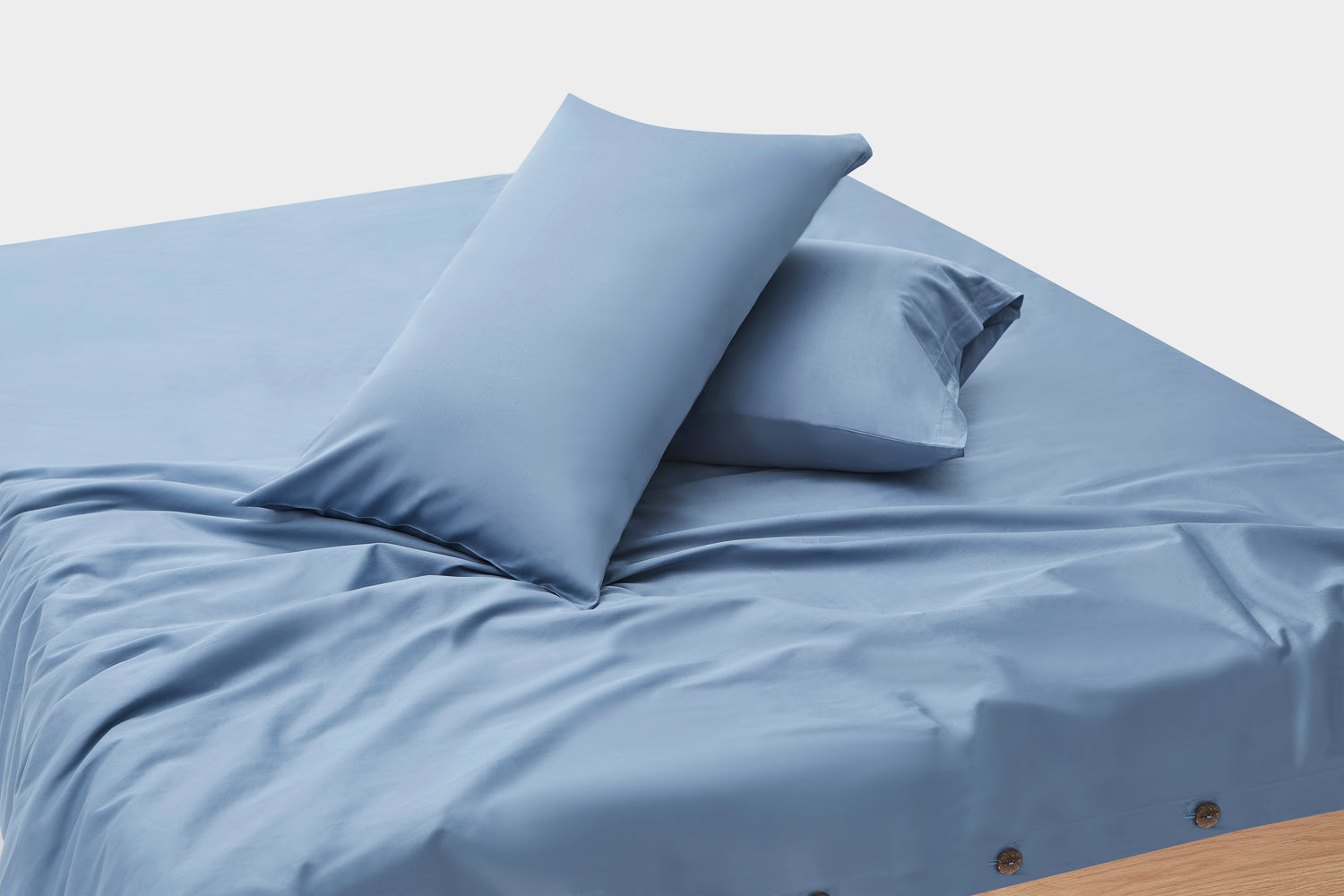By SouverHome September 22, 2023
Introduction:
Sleep is an integral part of our lives, vital for both physical and mental well-being. Yet, many people often overlook the importance of quality sleep. In this blog, we will delve into the enchantment of sleep and explore ways to enhance its quality, ensuring you wake up each day feeling revitalized and energized.
The Significance of Sleep
Sleep is more than just a period of rest; it is a process of rejuvenation and recovery for the body. It plays a critical role in bolstering the immune system, facilitating memory and learning, regulating emotions, and even aiding in weight management. Insufficient sleep can lead to decreased alertness, impaired concentration, mood swings, and potential health risks.
Challenges of Sleep Disorders
Many individuals grapple with sleep-related issues such as insomnia, staying up late, or having irregular sleep schedules. These problems can stem from various factors, including lifestyle choices, stress, work, and environmental factors. However, by taking proactive measures, you can improve sleep quality.
Strategies for Enhancing Sleep Quality
1.Establish a Consistent Sleep Schedule:
Ensure that you go to bed and wake up at roughly the same time every day to help regulate your body's circadian rhythm.
2.Create a Comfortable Sleep Environment:
Make sure your bedroom is quiet, dark, and cool, with a comfortable mattress and pillows. These conditions contribute to an ideal sleep environment.
3. Limit Screen Time:
Avoid using electronic devices before bedtime, as the blue light emitted can disrupt sleep.
4. Engage in Moderate Exercise:
Regular physical activity can improve sleep quality, but avoid vigorous exercise right before bedtime.
5. Maintain a Healthy Diet:
Avoid excessive caffeine and heavy meals close to bedtime to prevent interference with falling asleep.
6. Manage Stress:
Learn stress-coping techniques such as meditation and deep breathing to help you fall asleep and stay asleep more effectively.
Q&A
Question: What is the ideal sleep duration for teenagers?
Answer: Teenagers typically need 8 to 10 hours of sleep per night for optimal health and development. Adolescents often have shifting sleep patterns due to changes in their internal body clocks, so it's important for them to prioritize sufficient sleep.
Question: How much sleep do adults need?
Answer: Adults typically need 7 to 9 hours of sleep per night. However, individual sleep needs vary and are influenced by factors such as age, lifestyle, health conditions, and genetics. It's important to listen to your body and ensure you get adequate rest.
Question: How can insomnia be improved?
Answer: Strategies to improve insomnia include:
- Establishing a regular sleep schedule.
- Creating a comfortable sleeping environment with darkness, quietness, and cool temperatures.
- Avoiding the use of electronic devices before bedtime.
- Limiting the intake of caffeine and alcohol.
- Employing stress management techniques like meditation and deep breathing.
- Seeking help from a doctor or professional therapist if needed.
Question: Can napping during the day improve overall sleep quality?
Answer: Short naps (20-30 minutes) can be beneficial for improving alertness and overall mood during the day without negatively impacting nighttime sleep. However, long or irregular daytime naps can disrupt nighttime sleep patterns.
Question: Can poor sleep patterns lead to weight gain?
Answer: Yes, poor sleep patterns can contribute to weight gain. Sleep deprivation can disrupt hormones that regulate appetite, leading to increased feelings of hunger and cravings for high-calorie foods. Additionally, tired individuals may be less motivated to engage in physical activity.
Question: What are some common sleep disorders, and how are they treated?
Answer: Common sleep disorders include insomnia, sleep apnea, restless legs syndrome, and narcolepsy. Treatment options vary depending on the disorder but may include cognitive-behavioral therapy, medications, lifestyle changes, or the use of medical devices like continuous positive airway pressure (CPAP) machines for sleep apnea. It's essential to consult a healthcare professional for a proper diagnosis and treatment plan.
Conclusion
Sleep is a precious resource that is crucial for overall health. By adopting healthy lifestyle habits and sleep practices, you can enhance sleep quality and enjoy greater vitality and well-being. Never underestimate the value of sleep; make it a goal to prioritize quality sleep in your daily life, allowing you to wake up refreshed and healthy.








留言
此網站已受到 hCaptcha 保護,且適用 hCaptcha 隱私政策以及服務條款。